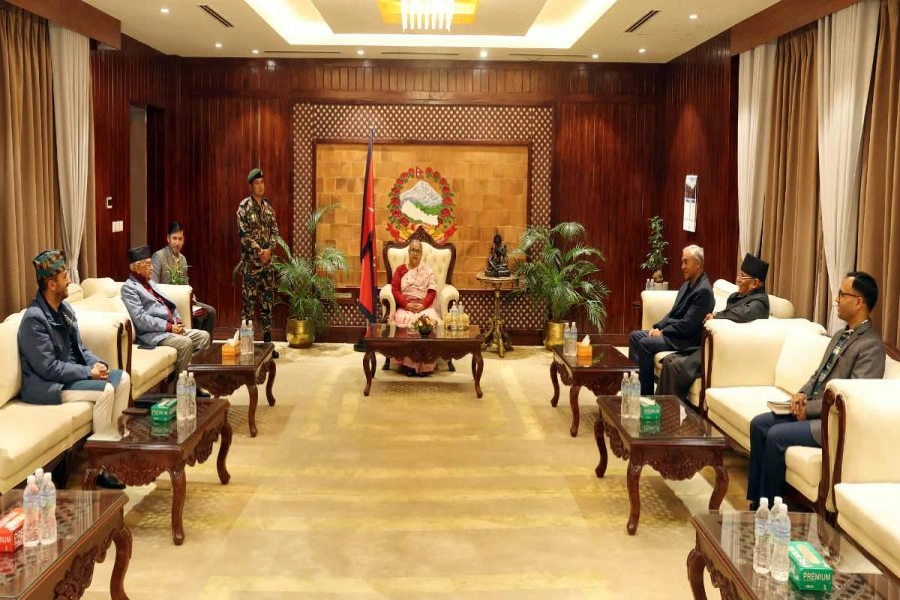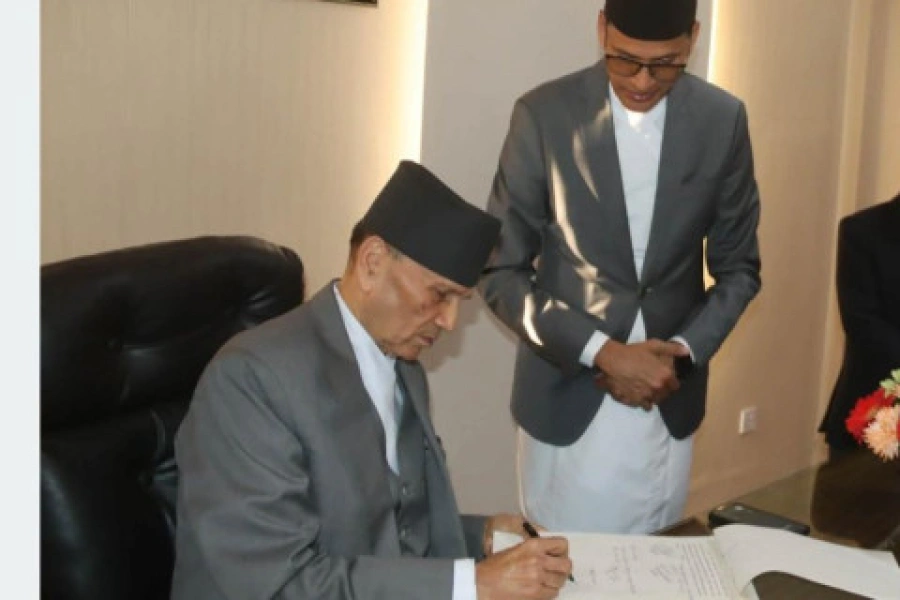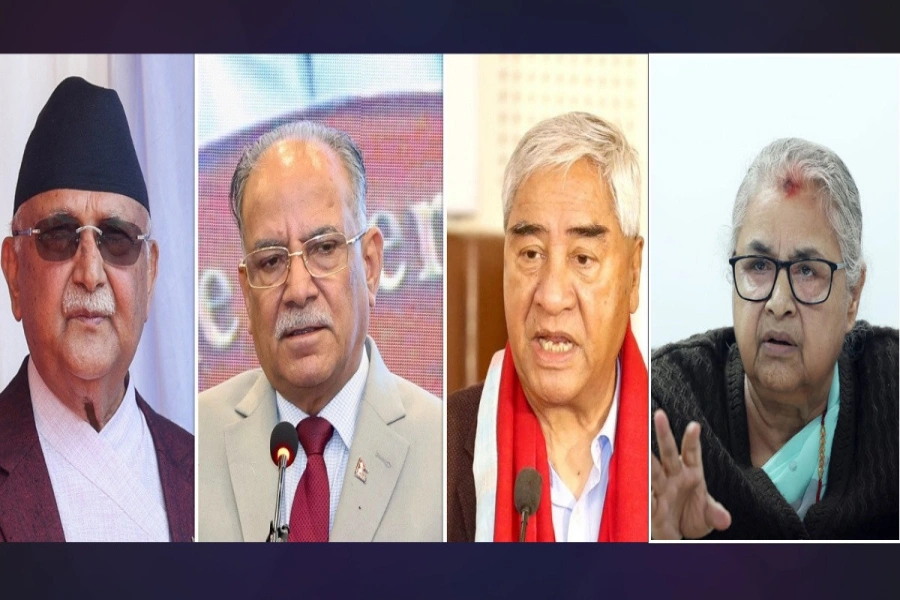- Lord Atkins
In the above statement former British Justice Lord Atkins outlines the need for a tolerant court system that is open to the criticism of its activity. Most jurisdictions in the world protect the judiciary through the legislative provision of contempt of court. Lord Atkins made more obvious the relation between the court and the right to freedom of expression, and regarded the latter as more important.
Unfortunately, Nepal seems to be following the tradition of the middle ages and still attempts to cloister the judiciary from the scrutiny of the media and civil society.
The case of the Biratnagar Appellate Court on Dec. 21, 2011 summoning three people—Nagarik daily Biratnagar correspondent Khilnath Dhakal, Chief Editor Narayan Wagle and SP Pradumna Karki—for ‘contempt of court’ illustrates that fundamental review of laws and jurisprudential doctrine governing restriction of comments on judicial activity is long overdue in Nepal.
It has been a quarter of a century since Lord Atkins made the famous pronouncement, but Nepali judicial administration still seems resistant to changing its old-fashioned mode of functioning, which regards the judiciary as a ‘cloistered’ field, and hence justifies the need to keep it away from the scrutiny of the media and wider population. Nepali judiciary should end the practice of silencing people’s voices, which seldom boosts the authority of, or public confidence in, the judiciary but rather undermines them.
In the case of Ambard v Attorney General for Trinidad and Tobago, Lord Atkins clearly states that the individual judge and the judiciary in general should be subjected to public criticism. According to the European Court of Human Rights, interference with the freedom of expression of journalists and newspapers seriously undermines the rights of the public to receive information and the journalists’ rights to impart information of public interest. For example, in the case of Sunday Times v UK, the European Court sought strong justification for interference in freedom of expression (of the newspaper) in pursuing legitimate information dissemination. The court clearly set out the principle that, “there was public interest in knowing the case which is not outweighed by any social needs”.
Of course, there are international standards outlining permissible grounds for interference in freedom of expression. Protection of reputation and rights of others—namely, the right to a fair trial and protection of authority of the judicial administration—are considered legitimate grounds to pursue some restrictions. Such restriction should be tested on three grounds: 1) Such restriction should be provided for by clear and accessible laws 2) It must pursue legitimate goal and 3) The interference must be necessary to pursue legitimate goal.
Nepal has no such provisions and the proportionality of restriction in pursuing a legitimate aim has never been established in the country. Therefore, exercising contempt of court is largely left to the judge’s discretion and interpretation, which goes against international standards. The news item in question (Kidnapping Accused Being Freed, Dec.21, 2011), published in Nagarik and Republica, only put forth information about a past judicial order and did not in any way prejudice or endanger any individual’s right to a fair trial. The developments following the December 21 publication is an excellent example of how little weight Nepali state gives to the right to freedom of expression vis-à-vis its legal system.
The potential effect of the publication on the subsequent trial should be taken into account when examining the published item on contempt of court. However, the Nepali way of understanding contempt of court is different from most other countries. There are two main arguments put forward in Nepal in support of action against contempt of court. First, it is upon the court to maintain public confidence in the judiciary, and any criticism of court activity may reduce such confidence. Second, the court must be protected from insolence.
Interestingly, the respect for an individual’s rights to a fair trial is hardly taken into account when considering contempt of court.
Public confidence in (and respect for) the judiciary depends on the performance of the court system. Information and comments on judicial activity enhances legal knowledge of general public and critical analysis helps improve the whole system. Therefore, courts should always be open to the media and wider society and be able to tolerate comments and criticism based on facts.
The writer is a lawyer and a research student (law) at the University of Ulster, Northern Ireland, UK
In Pictures: Blue Diamond Society organizes 20th Nepal Pride Pa...





































